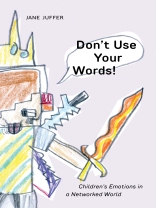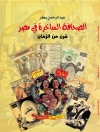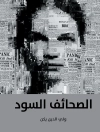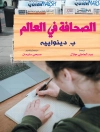How children are taught to control their feelings and how they resist
this emotional management through cultural production.
Today, even young kids talk to each other across social media by referencing memes, songs, and movements, constructing a common vernacular that resists parental, educational, and media imperatives to name their feelings and thus control their bodies. Over the past two decades, children’s television programming has provided a therapeutic site for the processing of emotions such as anger, but in doing so has enforced normative structures of feeling that, Jane Juffer argues, weaken the intensity and range of children’s affective experiences.
Don’t Use Your Words! seeks to challenge those norms, highlighting the ways that kids express their feelings through cultural productions including drawings, fan art, memes, You Tube videos, dance moves, and conversations while gaming online. Focusing on kids between ages five and nine, Don’t Use Your Words! situates these productions in specific contexts, including immigration policy referenced in drawings by Central American children just released from detention centers and electoral politics as contested in kids’ artwork expressing their anger at Trump’s victory. Taking issue with the mainstream tendency to speak on behalf of children, Juffer argues that kids have the agency to answer for themselves: what does it feel like to be a kid?
Über den Autor
Jane Juffer is Professor in the Department of English and the Program of Feminist, Gender, and Sexuality Studies at Cornell University. She is the author of three books: Intimacy Across Borders: Race, Religion, and Migration in the U.S. Midwest (2013); Single Mother: The Emergence of the Domestic Intellectual (NYU Press, 2006); and At Home with Pornography: Women, Sex, and Everyday Life (NYU Press, 1998).












